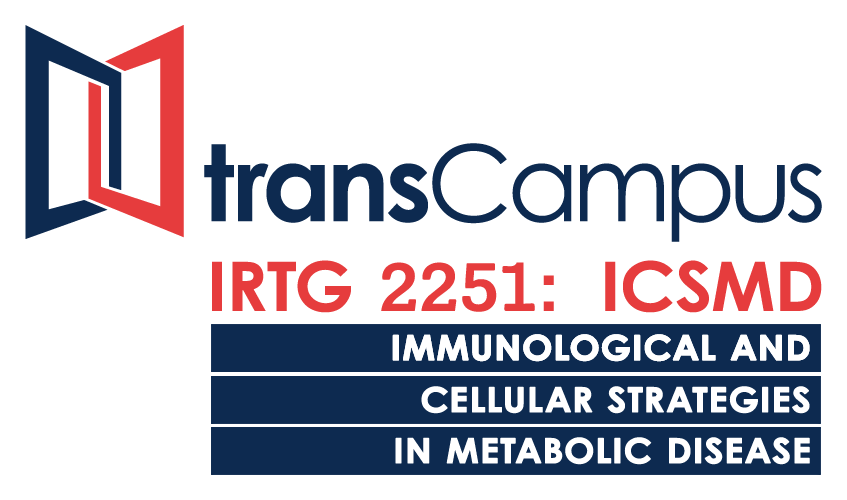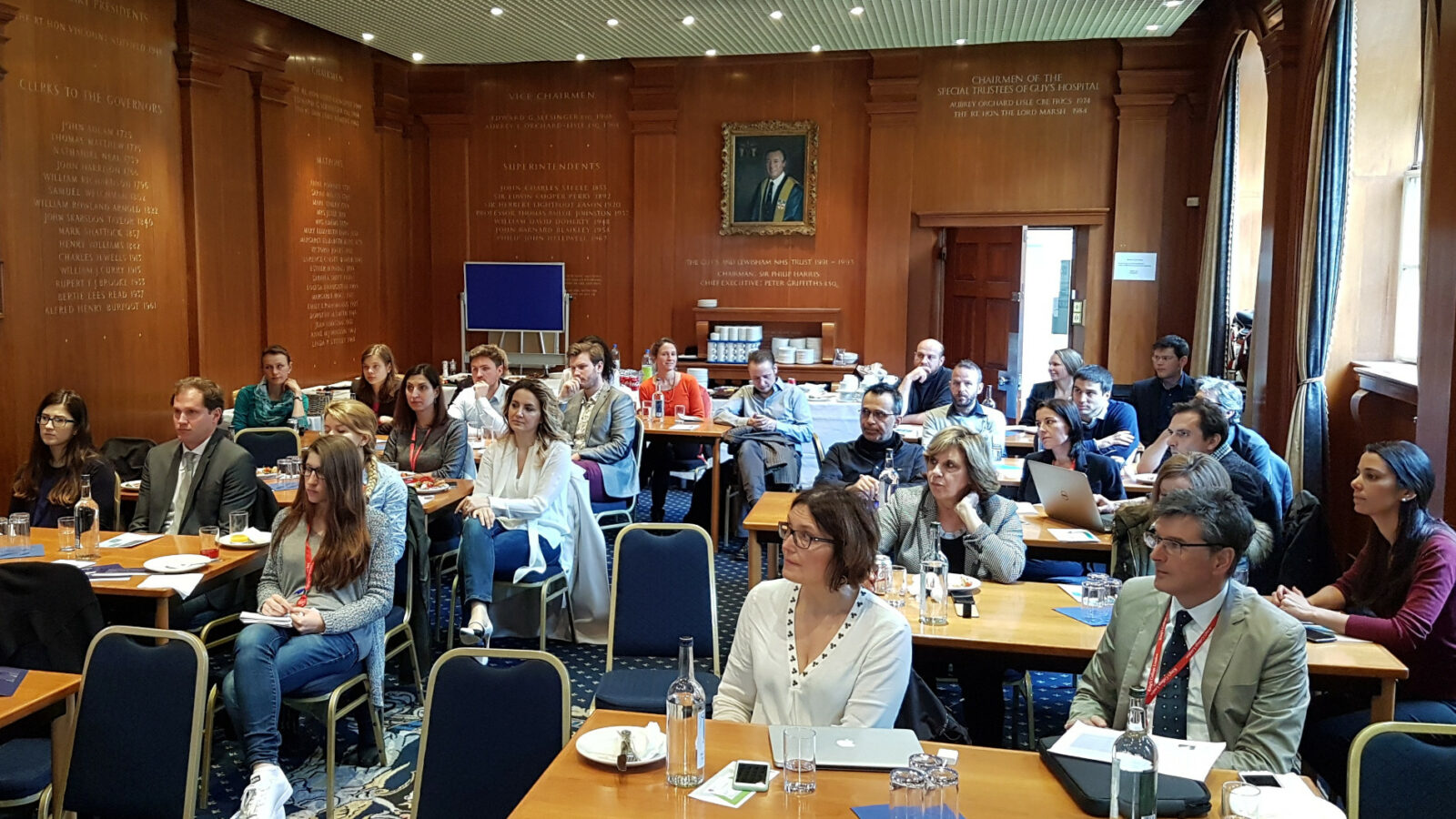Big success for the transCampus: The German national research foundation (DFG) is funding the transCampus Network of the Technische Universität Dresden and King’s College London with an international training program on diabetes. The initial funding of ca. 5 million euros will cover a 4,5 year time period followed by the possibility of an extension for another 4,5 years with additional funding. It will support the joint post-graduate programme of the International Research Training Group IRTG 2251 (ICSMD – Immunological and Cellular Strategies in Metabolic Disease).

This project was realized through the collaborative work of the first established large-scale partnership of two elite universities in Europe, TU Dresden and King’s College London: the transCampus. Through the transCampus, the two universities have appointed joint professorships and have established and developed joint research projects and therapy strategies. The new IRTG aims to become one of the world leading diabetes training programmes, available to national and international researchers and doctors within the diabetes research field. Prof. Stefan Bornstein, transCampus Dean for King’s College London and the TU Dresden, and spokesman of the IRTG said: “We are not coming any further with the currently available conventional treatment options on the epidemic that diabetes has become”, and added that “We have to seek new venues in order to sufficiently address this prevalent disease of modern society. With this IRTG, we established a network of leading scientists on the field, which encompass the expertise of physicians, surgeons, cell biologists, immunologists, material scientists and stem-cell researchers.” Prof. Andreas Birkenfeld, Co-Spokesman of the IRTG added: “The young scientists will embark on a training programme equipped with the necessary tools, guidance and expertise to enable them to further develop the diagnostic and therapeutic strategies needed to decelerate and even prevent the diabetes-epidemic and eventually head towards the healing of the disease in the future. The aim is that the students of this elite-programme will receive a joint PhD with a certificate from both universities”.
The kick-off meeting will take place in Summer 2017.


